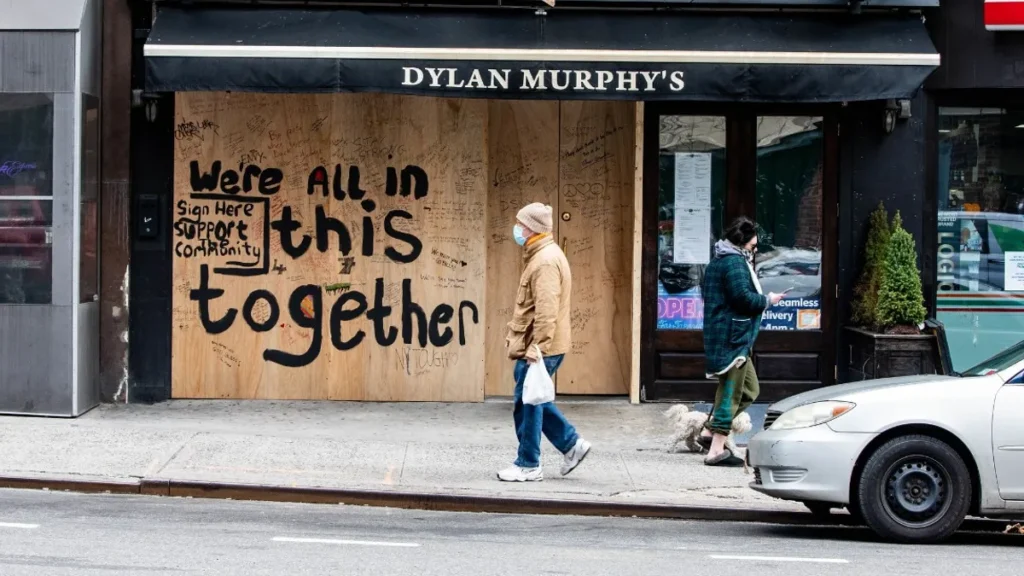Restaurant reviewing might seem like an easy task, especially with the promise of tasting new dishes and enjoying varied cuisines. However, beneath the surface, there are several challenges that critics must navigate. From managing expectations to ensuring fair execution of a review, the job demands more than just a passion for food. Here’s an exploration of the key difficulties restaurant reviewers face.

1. Balancing Expectations vs. Reality
One of the biggest hurdles a restaurant reviewer faces is balancing personal expectations with the reality of the dining experience. A restaurant may have glowing reviews, a stellar reputation, or a highly anticipated new menu item, leading to high expectations. But what happens when those expectations aren’t met? A reviewer must remain objective, putting aside any preconceived notions and evaluating the restaurant on its own merits. This can be challenging, especially when a restaurant fails to live up to the hype, but it’s essential for maintaining fairness and credibility.

2. Juggling Subjectivity with Objectivity
Every reviewer has personal tastes, but the key to a balanced and fair review lies in minimizing the influence of those preferences. While it’s natural to have a favorite type of cuisine or ingredient, the job of a reviewer is to assess food and service based on broader criteria. A reviewer must recognize when a dish is well-executed—even if it’s not their favorite style—and offer praise for the technique and quality behind it. Similarly, criticism should be constructive and grounded in objective observations, such as over-seasoning or poor food pairing, rather than personal dislikes.

3. Managing Time Constraints and Multiple Visits
Sometimes, one visit to a restaurant isn’t enough to form a solid, comprehensive review. A restaurant reviewer may need to dine at a place multiple times to ensure consistency in service and food quality, especially if the restaurant is a large chain or a fine dining establishment with a complex menu. These repeated visits require both time and money, which can be taxing, particularly when juggling multiple assignments or a busy review schedule.

4. Dealing with Potential Backlash
Writing a negative review, especially about a new or popular restaurant, can lead to backlash from both the restaurant’s owners and its patrons. Social media can amplify criticism, and the reviewer may face online harassment or negative comments. Balancing honesty with empathy is crucial here, as a reviewer should offer constructive feedback that’s fair and respectful. It’s important to remember that behind every restaurant is a team of hardworking individuals whose efforts deserve recognition, even if the review isn’t glowing.

5. Ethical Considerations
Finally, maintaining ethical standards is an ongoing challenge for restaurant reviewers. Accepting free meals, the influence of personal relationships with restaurant owners, or potential conflicts of interest can complicate a reviewer’s objectivity. A reviewer must always disclose any perks received, remain impartial, and ensure transparency in their writing. Upholding these standards ensures the review remains credible and trustworthy.
While restaurant reviewing is undoubtedly rewarding, it comes with its fair share of challenges. By balancing expectations, remaining objective, managing time constraints, and staying ethical, reviewers can produce insightful, fair critiques that both diners and restaurant owners can appreciate.

